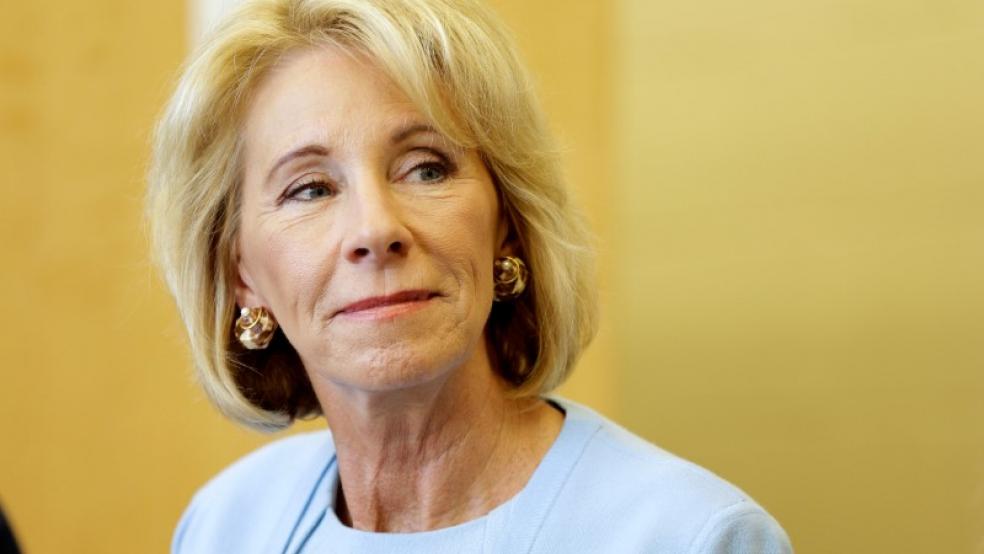WASHINGTON (Reuters) - U.S. President Donald Trump on Wednesday accused Syrian President Bashar al-Assad's government of going "beyond a red line" with a poison gas attack on civilians, but he declined to spell out how or whether his administration would respond.
In his first extensive remarks on the issue, Trump acknowledged at a joint news conference with Jordan's King Abdullah that he now had responsibility for Syria policy and said his views of Assad had changed."It crossed a lot of lines for me," Trump said of the attack, which he described as an affront to humanity. "That crosses many, many lines, beyond a red line," he said.Western countries, including the United States, have blamed Assad's armed forces for the worst chemical attack in Syria for more than four years. The attack killed at least 70 people, many of them children. The Syrian military has denied responsibility. Trump did not mention Russia, which asserted on Wednesday that Syrian rebels were to blame for the gas attack, a charge U.S. officials dismissed. Russia has been a military backer of Assad in the country's six-year-old civil war.Trump, a Republican, has criticized his predecessor, Barack Obama, for not following through on his threat to intervene if chemical weapons were used in Syria, but he encouraged the Democratic president at the time not to take action in the war-ravaged country.Trump said on Wednesday that Obama had squandered "a great opportunity" to solve the crisis by failing to uphold his "red line.""I think that set us back a long ways, not only in Syria but in many other parts of the world, because it was a blank threat," Trump said. "It is now my responsibility. It was a great opportunity missed."Asked during an earlier Oval Office meeting with Abdullah if he was formulating a new policy toward Syria, Trump told reporters: "You'll see."His comments came just a few days after U.S. statements suggesting a focus on stopping Islamic State militants rather than ousting Assad. 'COMPLICATED SITUATION'Trump campaigned on the 2016 election on a promise to put America first in foreign policy, including by tightening rules on refugees. On Wednesday, in addition to hardening his language on Assad, he softened his remarks about the men, women and children who were displaced by the war, saying he knew they wanted to go home. Last month, U.S.-led coalition aircraft dropped fighters for the first time into an area near the Syrian city of Raqqa to retake territory from Islamic State in a mission that included Apache helicopters, U.S. Marine artillery and special operations troops.The campaign to capture Raqqa appears to be gathering pace as an overlapping, U.S.-backed effort in Iraq is drawing closer to driving Islamic State from Mosul.The Jordanian king said he believed Trump would be able to help improve the Syrian situation."This is another testament to the failure of the international diplomacy to find the solutions to this crisis but I believe under your leadership we will be able to unravel this very complicated situation," he said. (Additional reporting by Ayesha Rascoe and Doina Chiacu; Editing by Peter Cooney)Trump says chemical attack in Syria went 'beyond a red line'

Joshua Roberts



